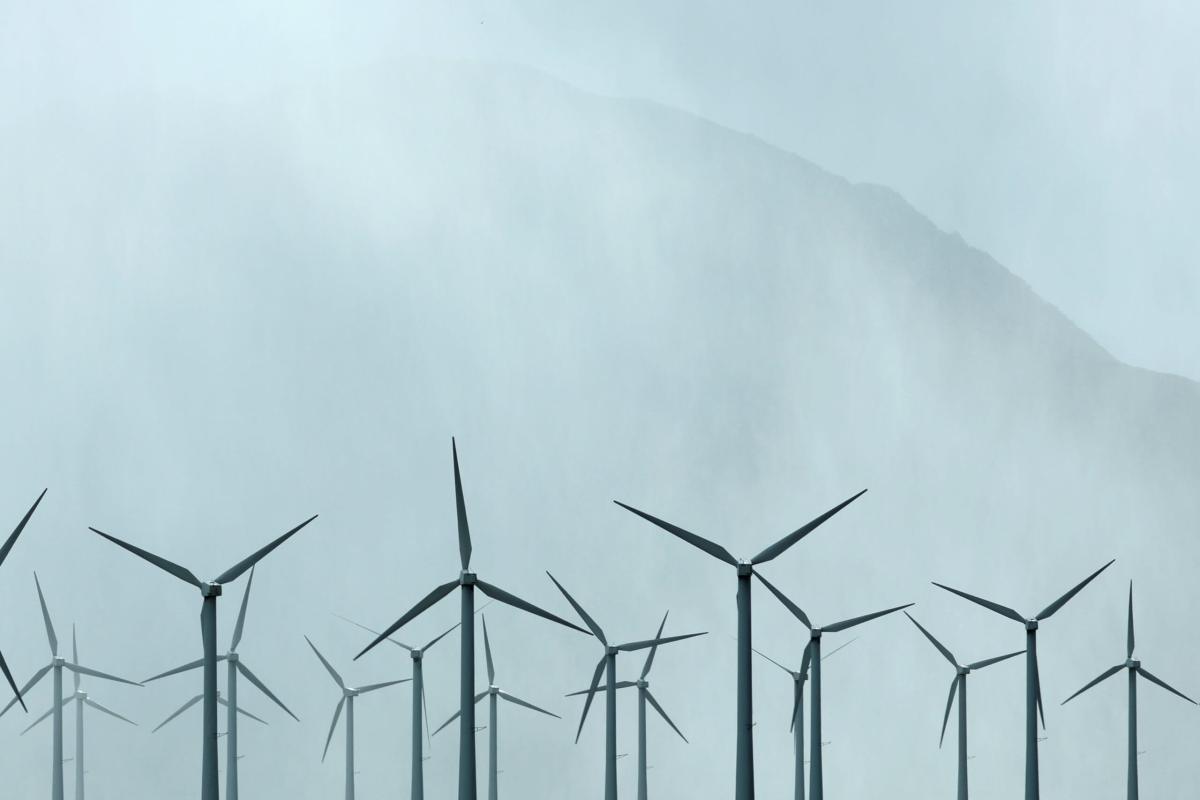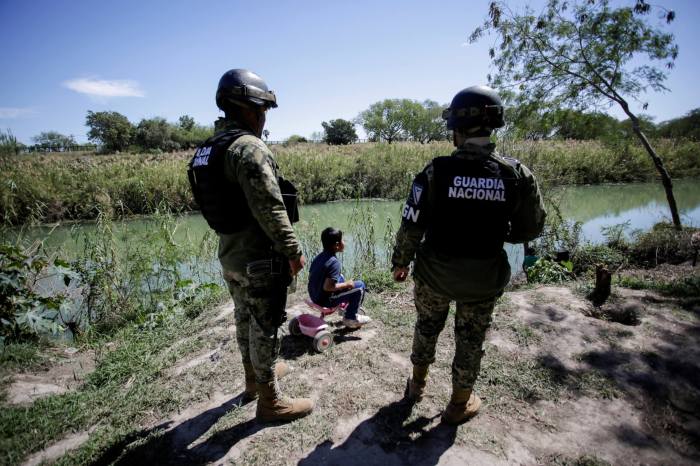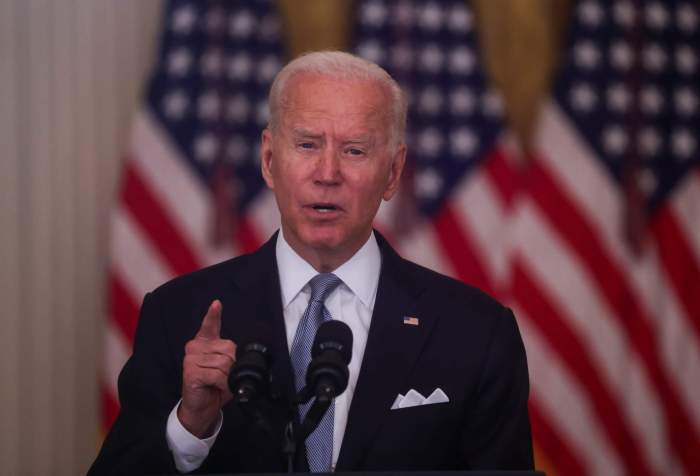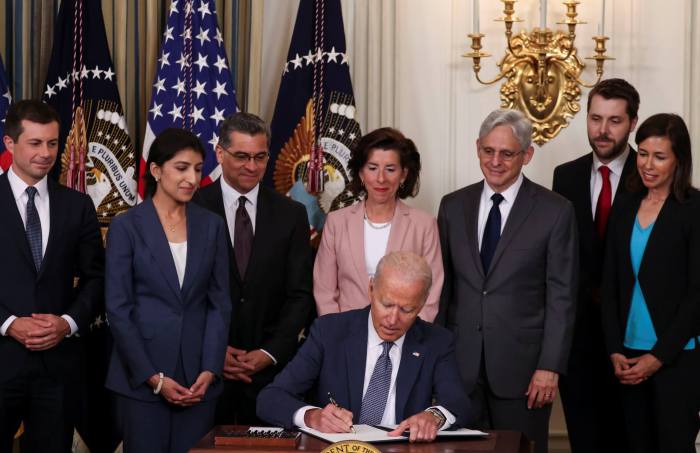The Biden administration on Friday announced it will hold a wind energy auction for two areas off the coast of North and South Carolina in May as part of its plan to ramp up a nascent clean energy industry.
The move is the latest in a broad government effort to put wind turbines in federal waters along every U.S. coastline, with a goal of generating 30 gigawatts of power from offshore wind by 2030. U.S. President Joe Biden has said the new industry will serve to create good-paying jobs and combat climate change.
On the heels of a record offshore lease sale in New York, which drew a record $4.37 billion in high bids, the Interior Department’s Bureau of Ocean Energy Management (BOEM) will offer two areas covering 110,091 acres in the Carolina Long Bay area that could generate as much as 1.3 gigawatts of offshore wind energy – enough to power a half million homes.
The auction “provides yet another excellent opportunity to strengthen the clean energy industry while creating good-paying union jobs,” said Interior Secretary Deb Haaland.
Environmental group Oceana praised the announcement, saying “offshore wind is a critical piece of the puzzle when confronting the climate crisis and replacing the dirty fossil fuels that are driving climate change.”
A fishing industry group, however, said the sale notice lacked important protections for fisheries, including a buffer area between leases.
“BOEM is repeating several mistakes it’s made in other regions,” Responsible Offshore Development Alliance Executive Director Annie Hawkins said in an emailed statement.
The sale notice includes several stipulations meant to boost the domestic offshore wind supply chain, including offering a 20% credit to bidders if they invest in workforce training programs or supply chain development.
It also requires potential lessees to identify Tribal Nations, underserved communities, and other ocean users and report their engagement activities with these parties to the Interior Department as part of the federal government’s pledge to address environmental justice concerns.
Offshore wind power in the United States has lagged European nations in deploying the technology. Currently, the United States has just two small offshore wind facilities, off the coasts of Rhode Island and Virginia, along with two additional commercial-scale projects recently approved for development.
While most U.S. offshore wind planning to date has been in the Northeast, Avangrid Inc is seeking a federal permit for a 69-turbine project 44 miles off the coast of North Carolina that is expected to begin construction in 2024.




































